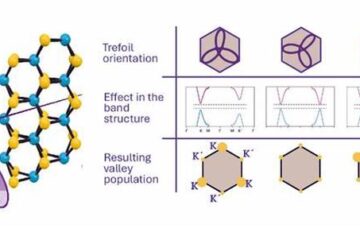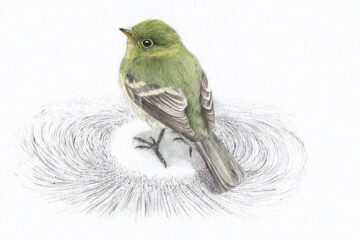Strengthening coffee

Is your cup of coffee suffering from fertility problems? If you’re drinking the instant variety it may very well be! The Robusta crop (Coffea canephora), which is the main variety for producing instant coffee, suffers from ‘self-incompatibility’ so can’t pollinate itself. This presents a dilemma for coffee farmers who have to grow it in mixed plantings so that cross-pollination takes place – but which varieties to cross with which?
Sylvester Tumusiime (University of Nottingham, UK) will be presenting his work on coffee breeding on Monday 11th July at the Society for Experimental Biology Annual Main Meeting in Barcelona [session P4/E4.26] which shows that this problem might be overcome by developing molecular markers which can identify self-incompatibility genotypes to improve breeding strategies. In collaboration with the Ugandan Kawanda Agricultural Research Institute (KARI), Tumusiime and colleagues have investigated the possible involvement of a group of proteins called ribonucleases (RNA-degrading enzymes) in the self-incompatibility (S) mechanism. Several distinct ribonuclease patterns have been identified in female reproductive tissues. As plants with the same S-genotype cannot fertilise each other, research is focussed on identifying different S-genotypes which will help farmers to choose the best mixture of varieties to grow and will also facilitate future cross-breeding.
Unlike Robusta, mainly used for instant coffee, the higher value Arabica crop, favoured for filter coffee, is self-compatible and therefore easier to cultivate and maintain as breeding material. However, the high genetic diversity of Robusta offers the potential of increasing the resistance to diseases and environmental changes, improving the quality of our future brew.
Media Contact
More Information:
http://www.sebiology.org/vcsearch.aspAll latest news from the category: Agricultural and Forestry Science
Newest articles

Targeted use of enfortumab vedotin for the treatment of advanced urothelial carcinoma
New study identifies NECTIN4 amplification as a promising biomarker – Under the leadership of PD Dr. Niklas Klümper, Assistant Physician at the Department of Urology at the University Hospital Bonn…

A novel universal light-based technique
…to control valley polarization in bulk materials. An international team of researchers reports in Nature a new method that achieves valley polarization in centrosymmetric bulk materials in a non-material-specific way…

How evolution has optimised the magnetic sensor in birds
The magnetic sense of migratory birds is probably based on the protein cryptochrome 4, and a genetic study has now provided further support for this theory. A team of researchers…





















